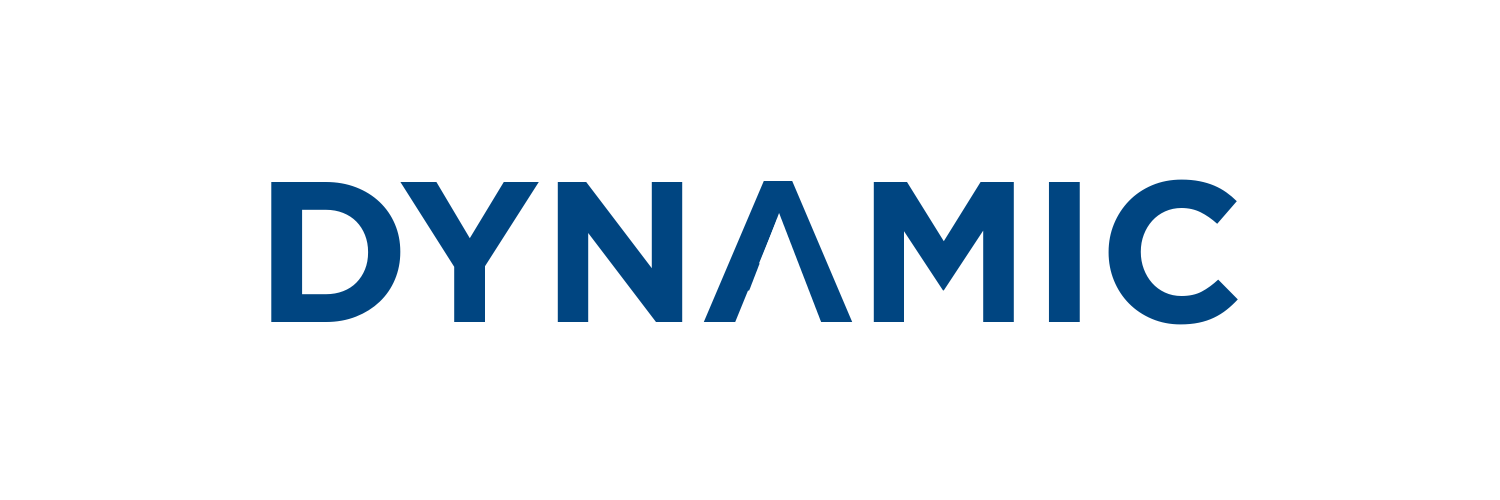The Hidden Costs of Neglecting Commercial Lock and Safe Maintenance
When it comes to securing a commercial building, businesses often invest heavily in advanced locks, safes, and security systems. However, one critical aspect that is frequently overlooked is the regular maintenance of these systems. Neglecting the upkeep of commercial locks and safes can lead to unexpected failures, security breaches, and significant financial losses. In this blog post, we’ll explore the hidden costs associated with neglecting lock and safe maintenance, backed by statistics, and offer a guide on how to establish an effective maintenance schedule.
1. The Importance of Regular Maintenance for Commercial Locks and Safes
Locks and safes are the first line of defense for any business. They protect valuable assets, sensitive information, and ensure the safety of employees. Yet, like any mechanical system, they require regular maintenance to function optimally. Without proper care, even the most advanced locks and safes can fail, leading to costly repairs or, worse, a security breach.
Common Issues Caused by Lack of Maintenance:
- Lock Jamming: Dirt, debris, and rust can cause locks to jam, preventing authorized personnel from accessing secure areas or equipment.
- Key Breakage: Worn-out locks can lead to key breakage, requiring immediate repair or replacement.
- Safe Malfunctions: Lack of maintenance can result in malfunctioning safes, making it difficult to retrieve important documents or assets when needed.
- Security Breaches: Failed locks and safes can create opportunities for unauthorized access, increasing the risk of theft or vandalism.
2. Statistics Highlighting the Risks of Neglect
The consequences of neglecting lock and safe maintenance are not just hypothetical. Real-world data highlights the risks businesses face when they fail to prioritize upkeep:
- Increased Failure Rates: Studies show that locks and safes that are not maintained regularly are 30% more likely to fail within the first five years of installation compared to those that receive regular maintenance.
- Cost of Repairs: On average, businesses spend 50% more on repairs for locks and safes that have not been maintained regularly. These costs include emergency locksmith services, replacement parts, and potential downtime.
- Security Breaches: According to industry reports, 25% of commercial security breaches are linked to failed or malfunctioning locks and safes that were not properly maintained.
3. The Hidden Costs of Neglecting Maintenance
The financial implications of neglecting lock and safe maintenance extend beyond just repair costs. Businesses may face a range of hidden costs that can significantly impact their bottom line:
- Downtime and Lost Productivity: When locks or safes fail, businesses may experience downtime as employees are unable to access necessary areas or equipment. This can lead to lost productivity and delayed operations.
- Emergency Service Fees: Unplanned lockouts or malfunctions often require emergency locksmith services, which come at a premium cost.
- Increased Liability: A security breach resulting from a failed lock or safe can lead to increased liability, especially if sensitive data or valuable assets are compromised. This can result in legal fees, insurance claims, and damage to the company’s reputation.
- Employee and Customer Trust: A breach in security can erode trust among employees and customers. Restoring that trust may require additional investments in security measures and public relations efforts.
4. Establishing a Maintenance Schedule: A Preventive Approach
The best way to avoid the hidden costs associated with neglecting lock and safe maintenance is to establish a regular maintenance schedule. Here’s a guide on how to do it effectively:
Monthly Checks:
- Inspect Locks: Check for any signs of wear and tear, rust, or debris buildup. Ensure that all locks function smoothly and keys are not worn out.
- Test Safe Mechanisms: Ensure that safes open and close properly. Test the locking mechanism and any digital interfaces for responsiveness.
- Lubricate Moving Parts: Apply a recommended lubricant to locks and safes to prevent rust and ensure smooth operation.
Quarterly Maintenance:
- Deep Cleaning: Clean all locks and safes thoroughly, removing any dirt, dust, or debris that may have accumulated over time.
- Battery Replacement: For electronic locks and safes, replace batteries regularly to prevent malfunctions.
- Professional Inspection: Consider scheduling a professional locksmith to conduct a more thorough inspection and address any potential issues before they become serious problems.
Annual Servicing:
- Full System Review: Have a professional locksmith conduct a comprehensive review of all locks and safes. This should include testing backup systems, assessing the condition of safes, and recommending any necessary upgrades.
- Security Audit: Conduct a full security audit to identify any vulnerabilities in your current system and make adjustments as needed.
5. The Benefits of Preventive Care
Investing in regular maintenance for your commercial locks and safes offers numerous benefits, including:
- Extended Lifespan: Regular maintenance can significantly extend the lifespan of your locks and safes, reducing the need for costly replacements.
- Reduced Repair Costs: Preventive maintenance helps identify and address minor issues before they escalate into major problems, saving you money on repairs.
- Enhanced Security: Well-maintained locks and safes are less likely to fail, providing reliable protection against unauthorized access and theft.
- Peace of Mind: Knowing that your security systems are in optimal condition gives you peace of mind, allowing you to focus on other aspects of your business.
Neglecting the maintenance of commercial locks and safes can lead to a host of hidden costs, from expensive repairs to increased liability and security breaches. By establishing a regular maintenance schedule and investing in preventive care, businesses can protect their assets, reduce downtime, and avoid the financial pitfalls associated with neglected security systems. Don’t wait for a malfunction to remind you of the importance of maintenance—take proactive steps today to ensure the long-term security of your business.
